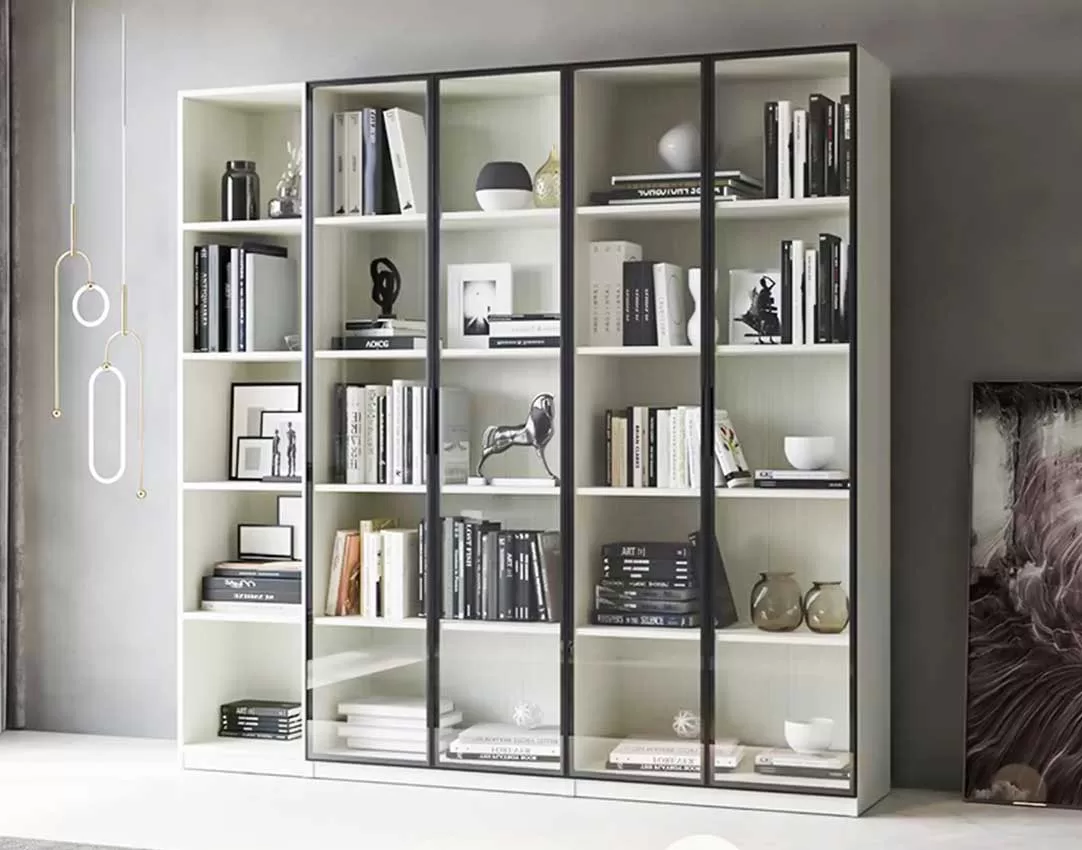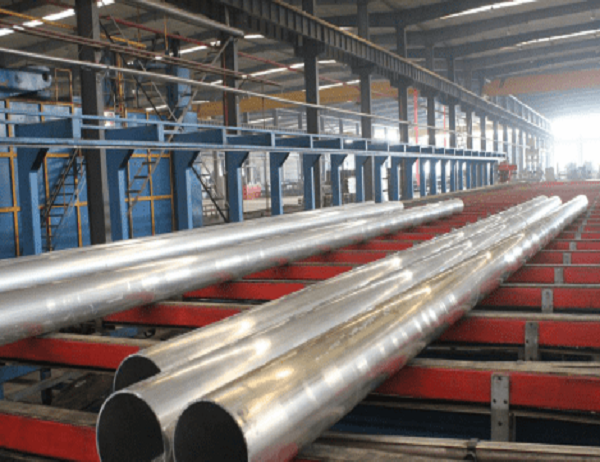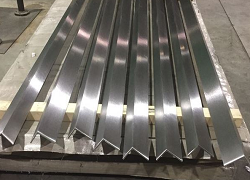Introduction
The construction industry plays a pivotal role in shaping the sustainability of our built environment. Sustainable construction practices aim to minimize the environmental impact of buildings throughout their lifecycle, from resource extraction to end-of-life disposal. Aluminum extrusion pipes, a versatile and durable material, offer significant advantages in sustainable construction projects.
Lightweight and Durable
Aluminum extrusion pipes are exceptionally lightweight, reducing the structural load and minimizing the amount of materials required in construction. This weight reduction facilitates efficient transportation, installation, and long-term maintenance, reducing energy consumption and greenhouse gas emissions.
Aluminum is highly resistant to corrosion, weathering, and wear, ensuring the long-term performance and lifespan of structures. Extruded aluminum pipes maintain their strength and integrity over decades, minimizing the need for replacements or renovations, reducing environmental waste and resource depletion.
Recyclability and Material Circularity
Aluminum is a highly recyclable material, and aluminum extrusion pipes can be repeatedly recycled back into new materials. This closed-loop recycling process significantly reduces waste generation and preserves valuable natural resources.
The durable nature of aluminum extrusion pipes allows for easy disassembly and reuse in future construction projects. This circular economy approach promotes sustainable material usage and minimizes the environmental impact of building demolition.
Thermal Efficiency and Energy Savings
Aluminum extrusion pipes exhibit excellent thermal insulation properties, reducing heat loss and improving the energy efficiency of buildings. This insulation capability minimizes the demand for heating and cooling systems, resulting in lower energy consumption and reduced carbon emissions.
The hollow interior of aluminum extrusion pipes can be utilized for passive ventilation systems. These systems naturally regulate indoor air quality by facilitating airflow, reducing the need for mechanical ventilation and further reducing energy consumption.
Fire Resistance and Safety
Aluminum is a non-combustible material, enhancing fire safety in construction. Aluminum extrusion pipes contribute to the structural integrity of buildings in the event of fire, preventing rapid fire spread and protecting occupants and property.
Aluminum’s resistance to corrosion ensures that aluminum extrusion pipes maintain their strength and stability in exposed environments, reducing the risk of structural damage caused by fire or extreme weather events.
Conclusion
Aluminum extrusion pipes play a vital role in sustainable construction by providing lightweight, durable, recyclable, energy-efficient, and fire-resistant solutions. Their versatility and environmental benefits make them an essential material for architects, engineers, and contractors seeking to design and build more sustainable structures. By embracing the advantages of aluminum extrusion pipes, we can reduce the environmental footprint of the construction industry and create a more sustainable future for our built environment.



